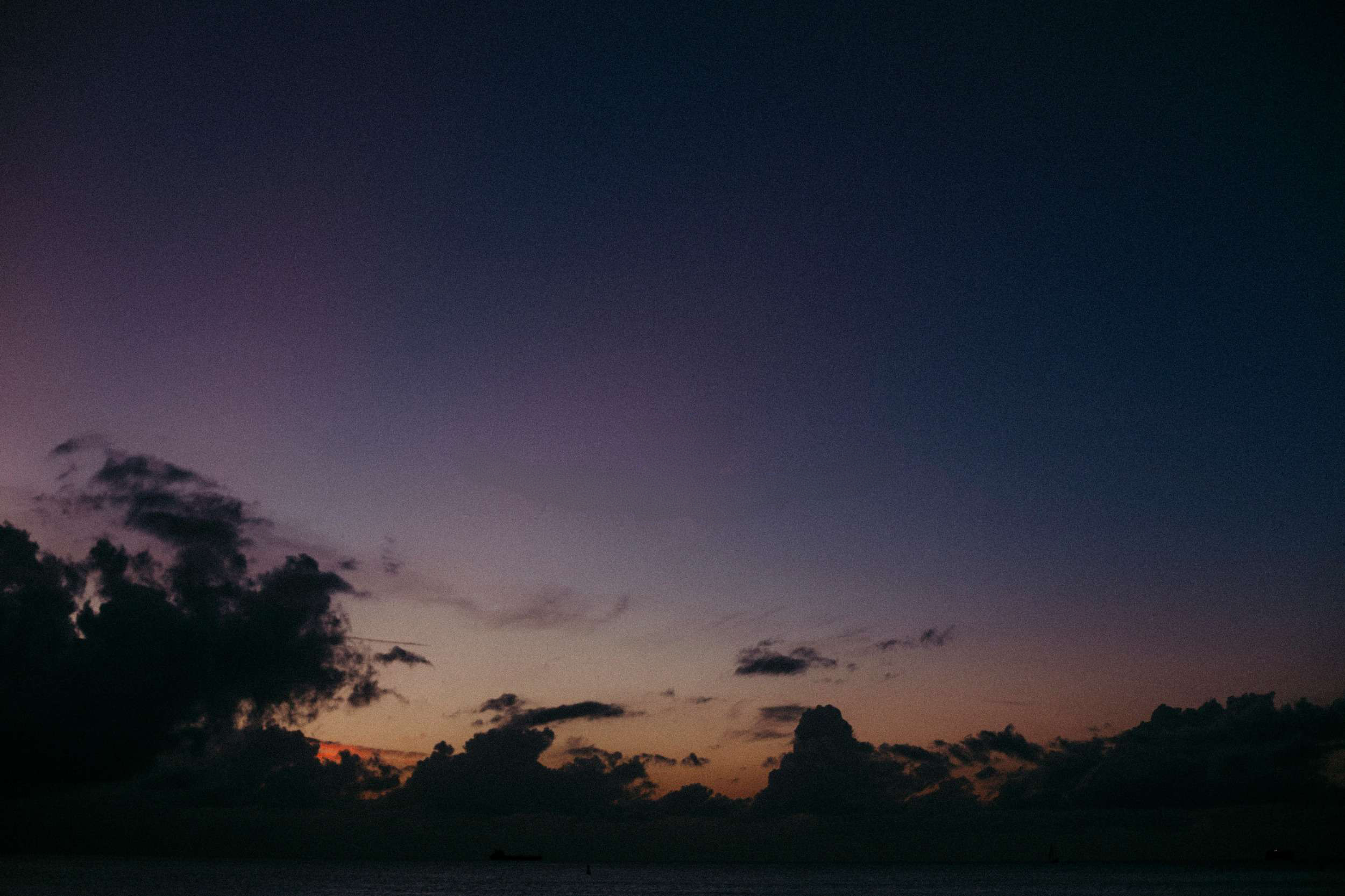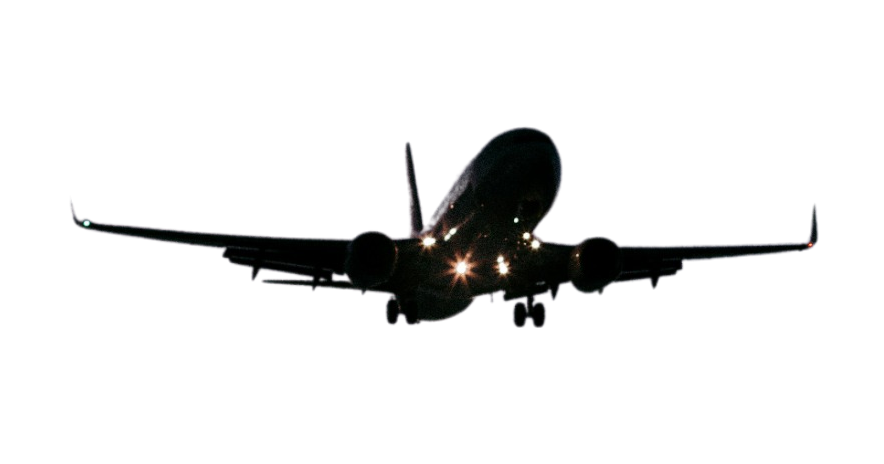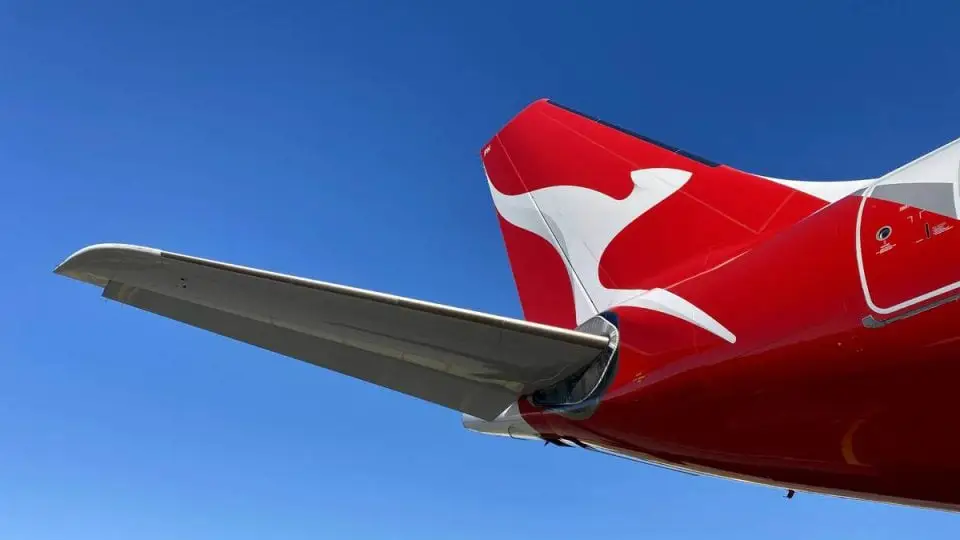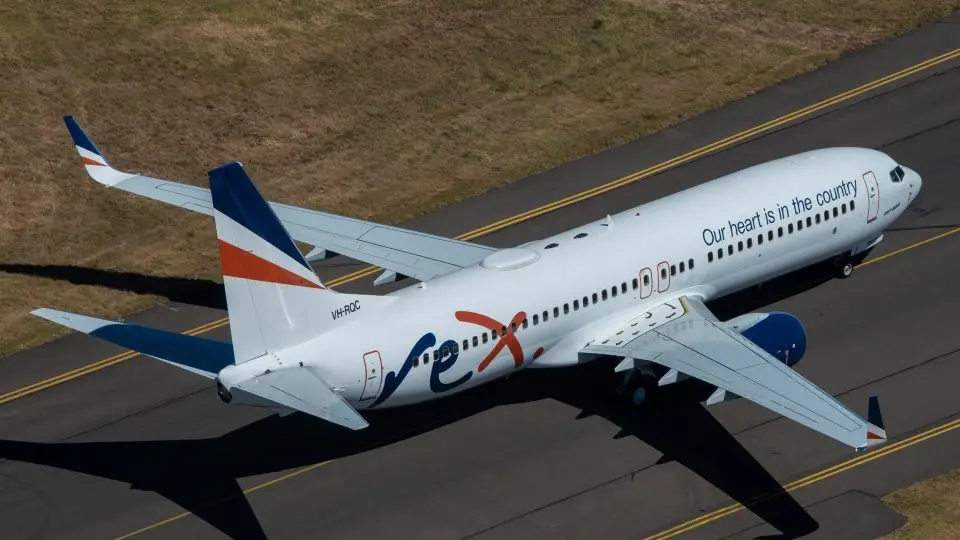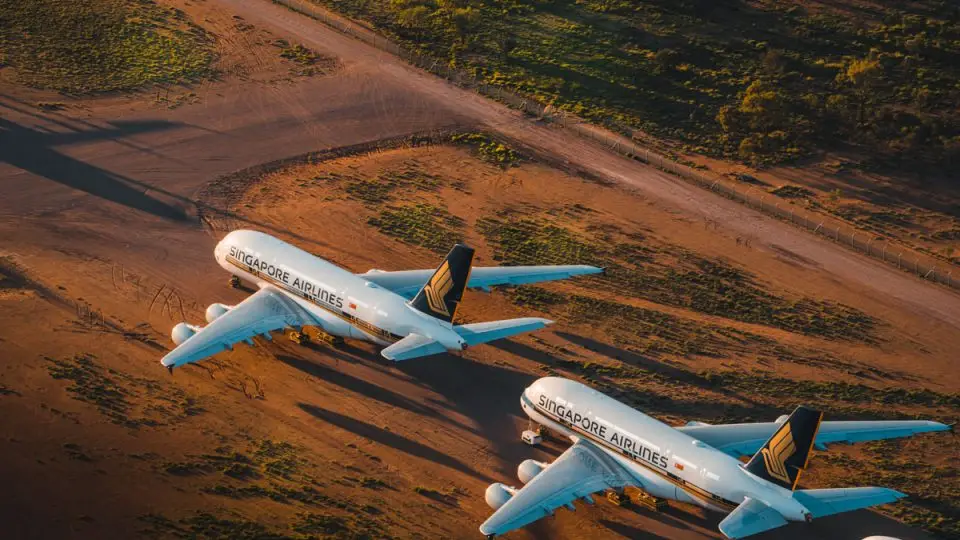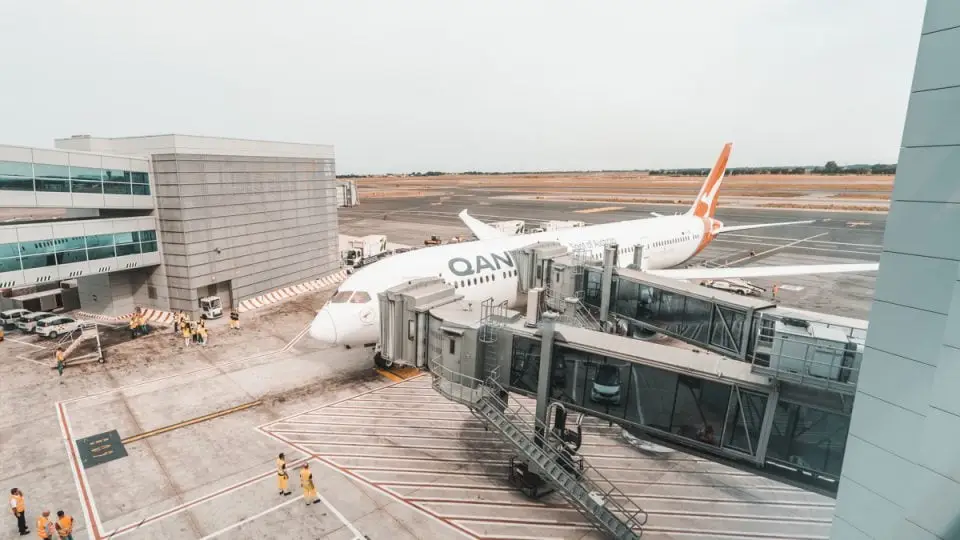Qantas Farewells Australia’s First B717 And Welcomes New Aircraft
Flight Hacks joined Qantas at Sydney Airport today to farewell the first Boeing 717 to be registered and flown in Australia.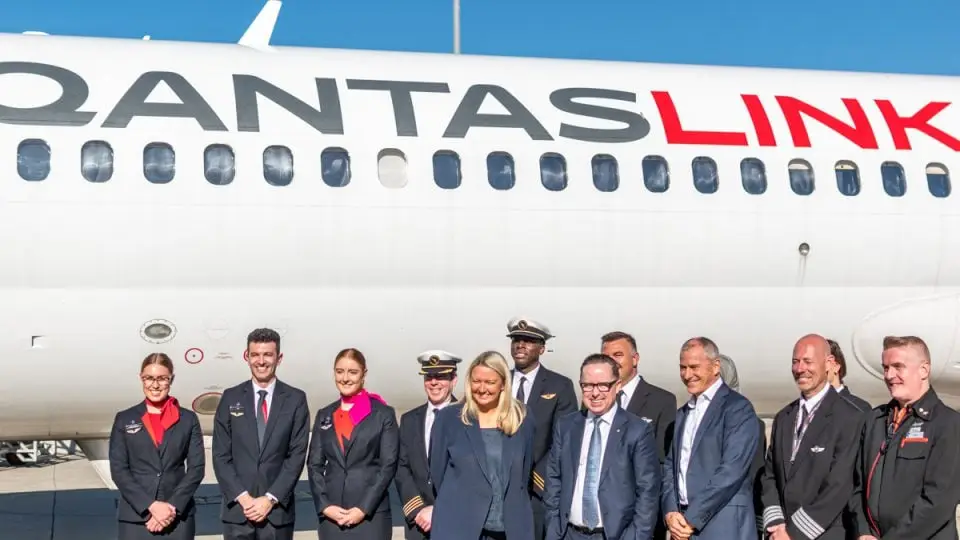
Flight Hacks joined Qantas at Sydney Airport today to farewell the first Boeing 717 to be registered and flown in Australia, as the fleet retirement plan for the type gears up. As our national carrier marks the end of an era, two Boeing 717 jets have already left the fleet in the last few months.
As Qantas retires their twenty 717’s at a rate of approximately one per month, the airline is set to welcome twenty-nine fuel efficient Airbus A220 aircraft as part of the Project Winton fleet renewal. The first A220 aircraft is due to arrive later this year, although QantasLink CEO John Gissing tells us that these jets might not be painted in the QantasLink livery. That’s a decision that makes sense given the increased range of the A220 that will see it operating on regional, domestic and even some shorter international routes to South-East Asia.
Perhaps more interestingly was Gissing’s comment that Qantas expects to have “about 6 or 7 (A220s) operating at the time when the last 717 leaves.”
With only a handful of new replacement aircraft, how the red roo will fill the gap left by a nett loss of at least thirteen aircraft is anyone’s guess.
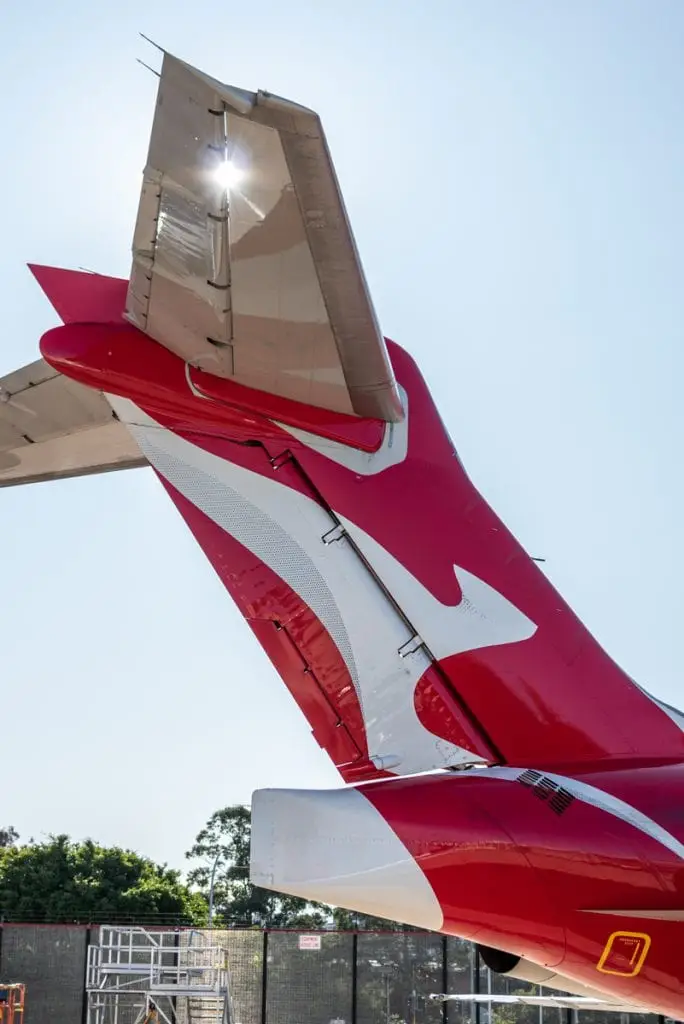
After paying homage to the 717, Qantas Group CEO Alan Joyce appeared excited to welcome several new aircraft into the fleet.
“It’s the end of an era for these Boeing 717s which have played a crucial role in connecting Australians across our domestic and regional network for more than two decades,” Mr Joyce said.
“Qantas is in the early stages of the biggest fleet renewal program in its history, with up to 299 narrowbody aircraft spread over 10-plus years as well as the A350s that will operate our Project Sunrise flights. It’s an incredibly exciting time for our employees as well as our customers as these new aircraft create more opportunities and unlock new destinations.”
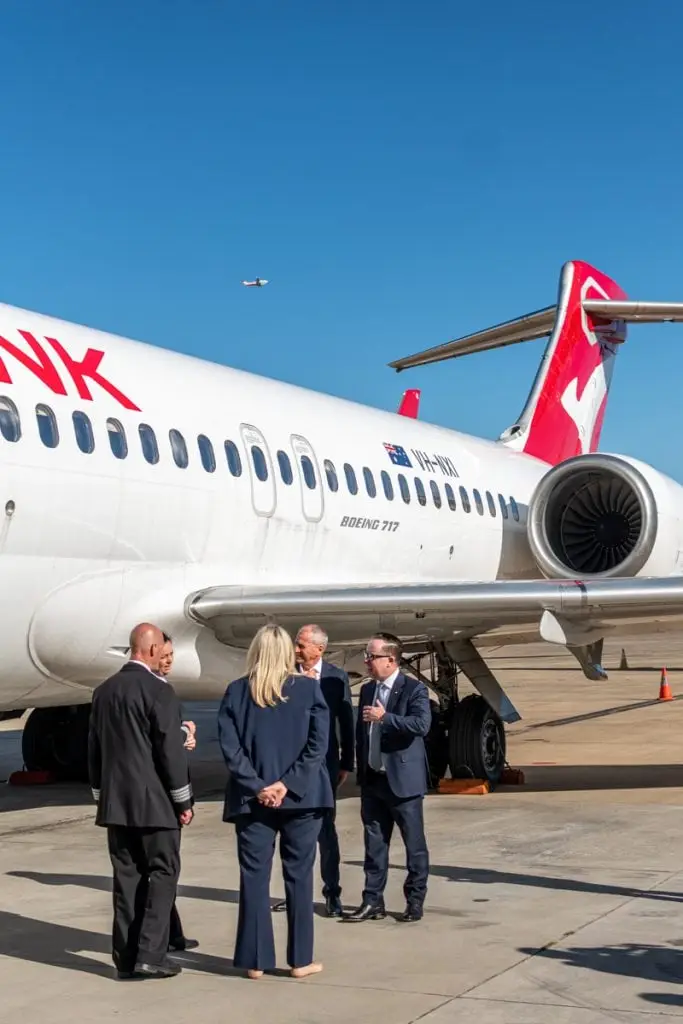
A Short History Of VH-NXI
This particular departing 717, registered VH-NXI and named “Blue Mountains National Park”, holds an extra special place in the Qantas Group history. The aircraft was first delivered in April 2000 as VH-IMP, operating its first commercial flight for Impulse Airlines, which would eventually form parts of Qantas’ regional arm QantasLink. In May 2004, the mighty rocket was transferred to Jetstar, and operated the first flight between Melbourne and Launceston on the day Jetstar started flying.
Then, in January of 2006 QantasLink gave VH-IMP a fresh coat of paint and registered her as VH-NXI. The aircraft has since remained with QantasLink, flying regional and domestic routes for the past 15 years. All up, the airframe has completed more than 29,000 flights and safely carried more than 1.6 million customers for both Qantas and Jetstar over two decades in the air.
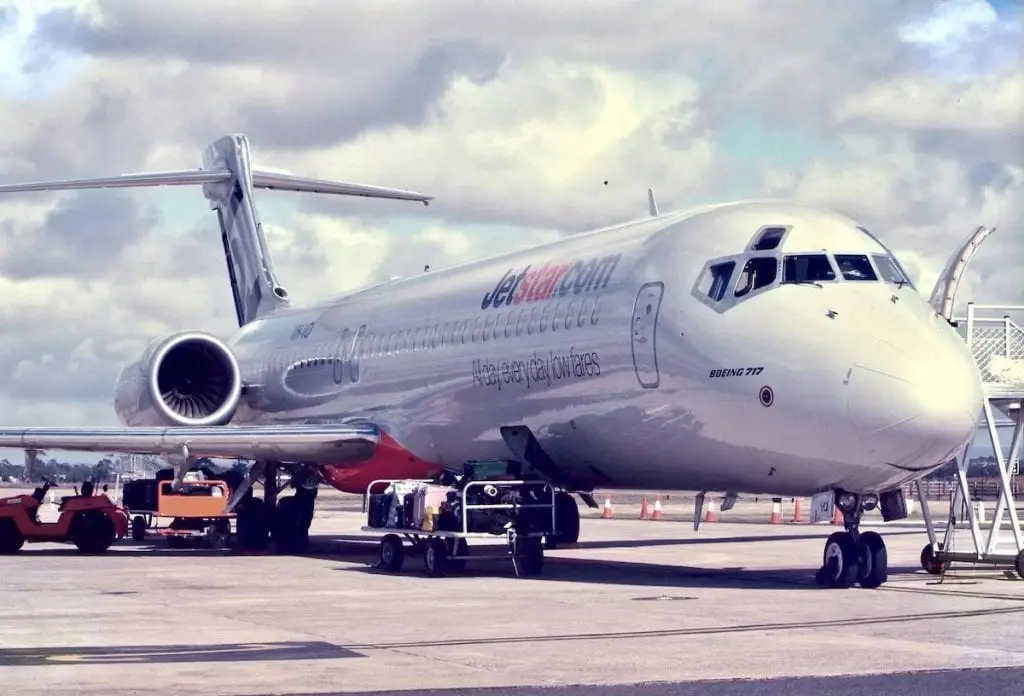
Named Blue Mountains after the world-heritage listed national park in New South Wales, VH-NXI has exited the QantasLink fleet and is due to depart Australia in June. Although this story isn’t quite over, as Delta will take on most of Qantas’s outgoing 717’s, both for operation and parts.
The mammoth journey to America took the first departed 717 over a week to complete under the operation of Southern Cross International, an expert aircraft ferry company. The fourteen sector trip operated Canberra – Alice Springs – Broome – Surabaya – Kuala Lumpur – Bengaluru – Al Ain – Hurghada – Sofia – Stavanger – Reykjavik – Goose Bay – Thunder Bay – Los Angeles – Victorville.
Qantas’ Project Winton Fleet Renewal
For an aviation tragic like me, it was both somber and exhilirating to see the departing 717 flanked by two bigger and better jets at Sydney Airport today; a Qantas Boeing 787 Dreamliner and a Jetstar A321neo LR.
These next generation aircraft are part of a significant investment that the Qantas Group loves to mention will see a new aircraft delivered on average every three weeks for the next few years. I’ve heard from a few Qantas employees that this is meerly a marketing ploy, but nonetheless, new aircraft are almost always fantastic news. That is especially the case for the aircraft selected as part of the Project Winton order, of which I am a huge fan.
Qantas’ latest Boeing 787 Dreamliner, Billabong, started flying on the airline’s international network just a few weeks before sitting pretty on the apron today. Another two Dreamliners should arrive in Australia within the next three weeks. These additional aircraft bring Qantas’ 787-9 fleet to fourteen, and enable the resumption of flights between Sydney and San Francisco. The aircraft will also support the launch of the 23-hour journey from Sydney to New York via Auckland next month.
For Qantas’ cheaper sibling, Jetstar continues to welcome Airbus A321neo LR aircraft. With seven now in the fleet, the neo is 50 per cent quieter than the older A321s they replace, with a 20 per cent reduction in fuel burn. Currently, these aircraft can be found operating Jetstar’s busiest domestic services, and also between Australia and Bali. The airline will receive another eleven A321neo LR jets by the end of 2024.
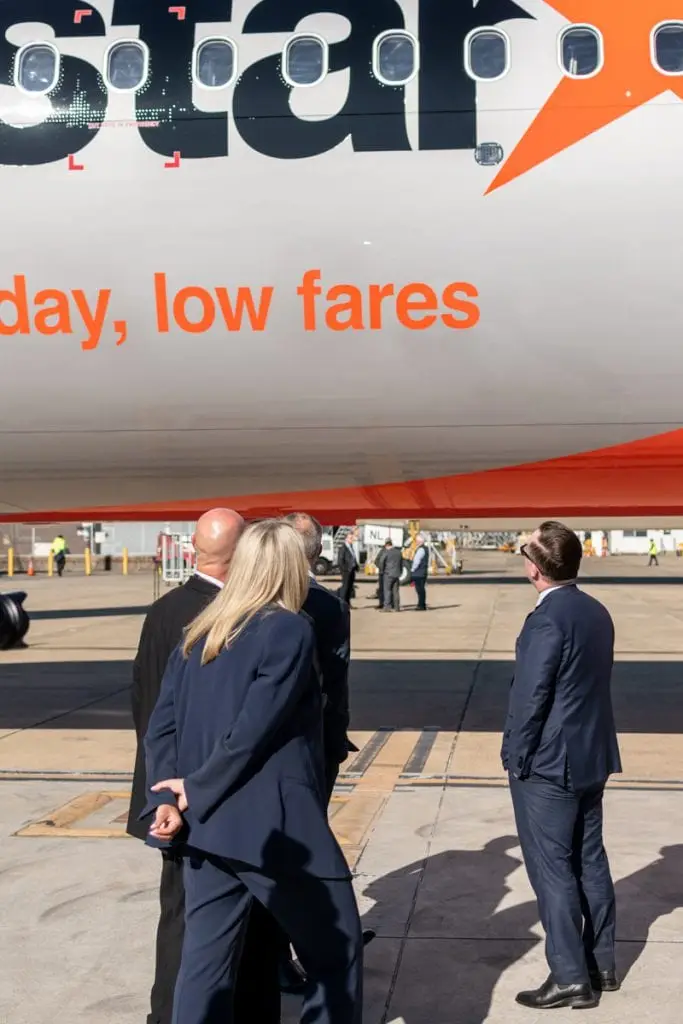
Related posts
